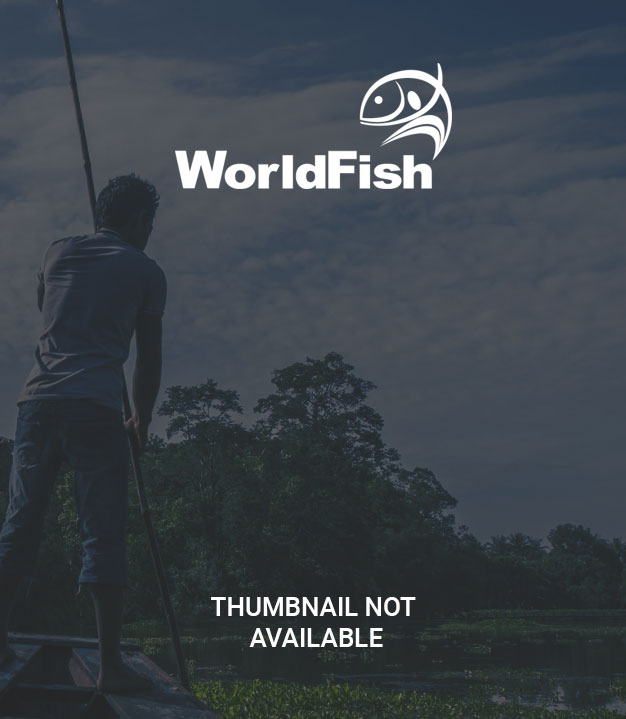Are consumers in developing countries willing to pay for aquaculture food safety certification? Evidence from a field experiment in Nigeria

Many developing countries face challenges in managing food safety risks associated with consumption of animal-source foods. Efforts to address these challenges increasingly recognize the role of certification in agri-food systems governance. Understanding consumers' willingness to pay (WTP) for food safety certification is fundamental to determining the appropriate design and implementation of programs to reduce the burden of foodborne illnesses in developing countries. To address this need, we implemented a framed field experiment with consumers of eight farm-raised African Catfish (Clarias gariepinus) products varying in certification status (safety certified versus uncertified) and product forms (live versus smoked) to examine their WTP for food safety certification in Nigeria. We applied a mixed-effects model to account for the hierarchical structure of the data with one participant entering multiple bids, and estimated a model with participant fixed effects as a robustness check. We found that consumers were willing to pay between 3.1% and 18.8% more for fish certified as safe compared to uncertified fish. Furthermore, there was an asymmetry in food safety certification valuation, with consumers paying significant premiums for high-value larger-sized certified live and smoked catfish, but not smaller-sized certified live and smoked catfish. The results are robust to a specification in which consumer fixed effects are included. Our findings suggest there exists consumer demand for certification programs to upgrade the food safety standards of higher-value fish products in Nigeria's domestic markets. Lower-value fish products typically consumed by lower-income consumers show less potential for certification. Alternative safety regulation is needed to ensure safety practices for low-end fish products.
Permalink
Date Available
Type
Publisher
Countries
ISSN
0044-8486
Copyright
CC-BY-NC-ND-4.0
Research Themes
Language